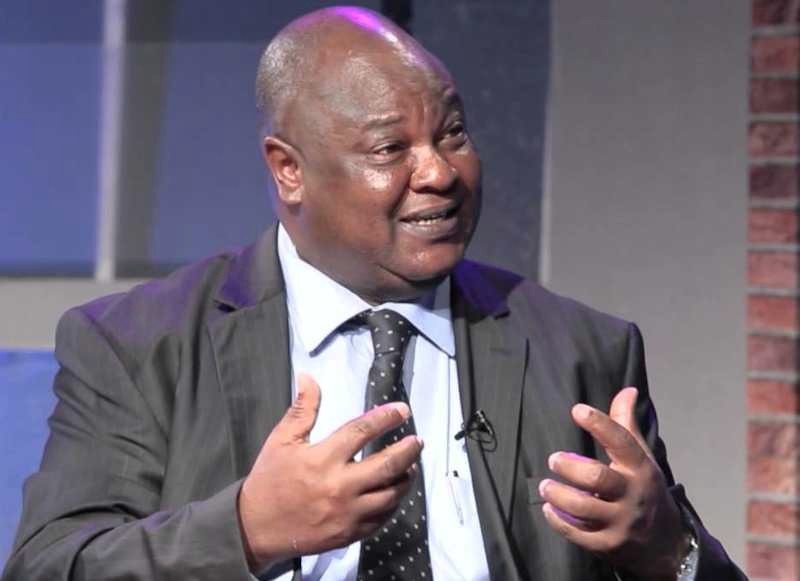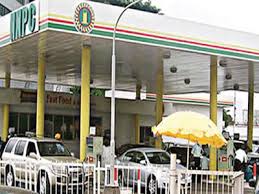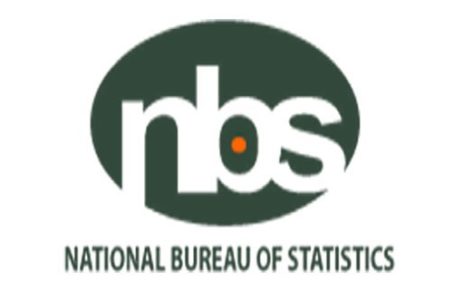A leading economist and the Chief Executive Officer, Economic Associates, Dr. Ayo Teriba, has canvassed the need for Nigeria to open its economy to boost foreign direct investments (FDIs) in the economy.
The economic expert pointed out that one of the options open to the country to achieve this goal remained the privatization programme which many other countries had used to stimulate FDI inflows and by implication, sustainable development.
Canvassing this economic revitalization strategy in his paper titled ‘Macro-economic Role of Privatisation on the Nigerian Economy’ at a one-day orientation programme for members of the Stakeholders Engagement Committee (SEC) of the National Council on Privatisation (NCP) held recently in Abuja, Teriba identified illiquidity as the country’s main challenge in the drive towards economic growth.
He explained: “Privatisation is the tool which most countries use to check their liquidity issue and beef up the economy and Nigeria can also do the same by privatising some of her key sectors.
“To solve Nigeria’s liquidity problem, she needs foreign exchange inflow. Nigeria’s annual export revenue has been halved. Nigeria’s problem is that other problems are symptoms of the (liquidity) problem. Recession is reflecting liquidity shortage”, he added.
Noting that a macro-economic approach to privatisation is ideal for the nation’s economic growth given the experiences in other climes, the economist, cited Saudi Arabia and India both of which had unveiled plans to privatise some of their critical sectors to raise funds to develop their countries.
According to him, Saudi Arabia, for instance, plans to raise about $200 billion through the privatisation of 16 sectors ranging from healthcare, airports to education.
Teriba also noted that the Federal Government’s ownership of vast amounts of idle but valuable land and buildings meant vast asset-conversion headroom through which the country can leverage on its private sector-driven potential.
“There is huge headroom for unlocking liquidity from state-owned assets to meet shortfalls. Nigeria’s massive non-financial assets are convertible into financial buffers. Saudi is exploiting this avenue to shore up its financial buffers with US$200 billion head room. Nigeria can do much more than that, as we have much more non-financial buffers than Saudi”, he said.
He gave the options for Nigeria unlocking resources in a post-boom economy to include the 238 aging and uneconomic prisons; and the aging and uneconomic barracks across the country which could be leased to individuals to develop for economic value, citing India which has taken advantage of such opportunity.
On what the country needed to do to deal with revenue shortfalls that characterized her export earnings over the years given the boom to bust commodity prices trend in the international oil market, Teriba maintained that privatisation had a huge role to deal with the shortfalls.
Since the shortfalls are not temporary but permanent, the economist posited that “it is better to deal with equity which is a permanent solution”, urging Nigeria to look at equity instead of borrowing to finance critical projects.
“Nigeria has a huge head room to go for equity and should think of getting her own money and not relying on others” he advocated.
Teriba gave the example of how private investors in the Nigeria Liquified Natural Gas (NLNG) are today enjoying the dividends of their investment just as the country to benefit from the project on yearly basis through earned income.
He listed the Transmission Company of Nigeria (TCN) as one of the entities that could be privatized to enhance the country’s economic development agenda, stressing that the budget and expenditure of the Federal Government were shrinking and that “you don’t get saved by cyclical swings but buffers”.




